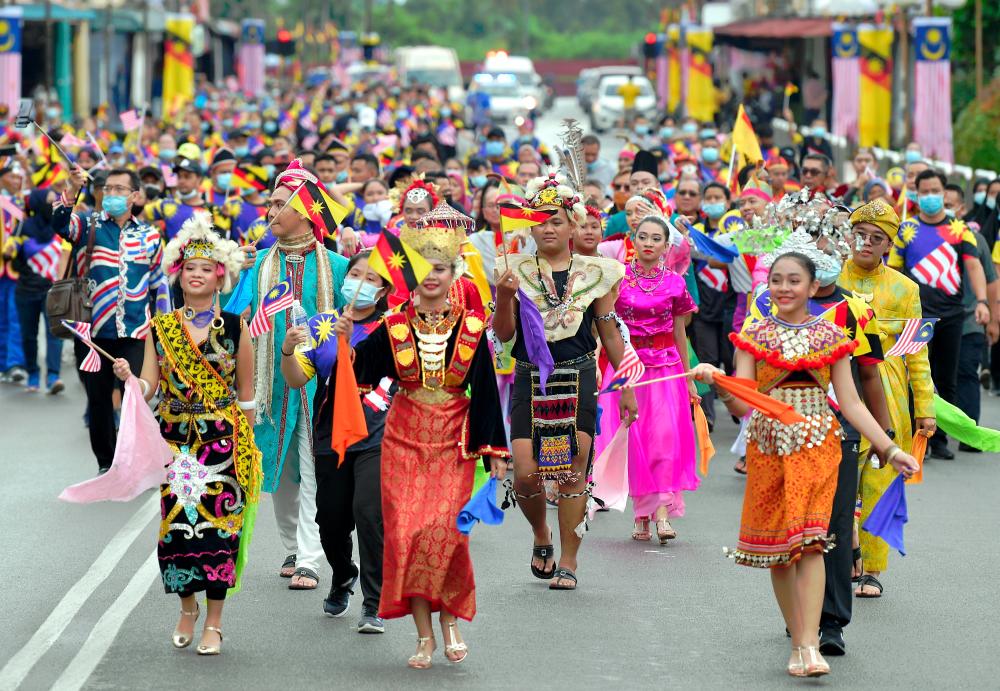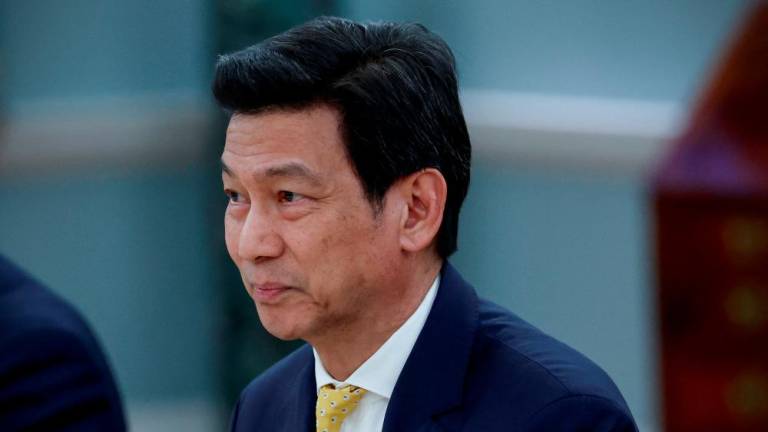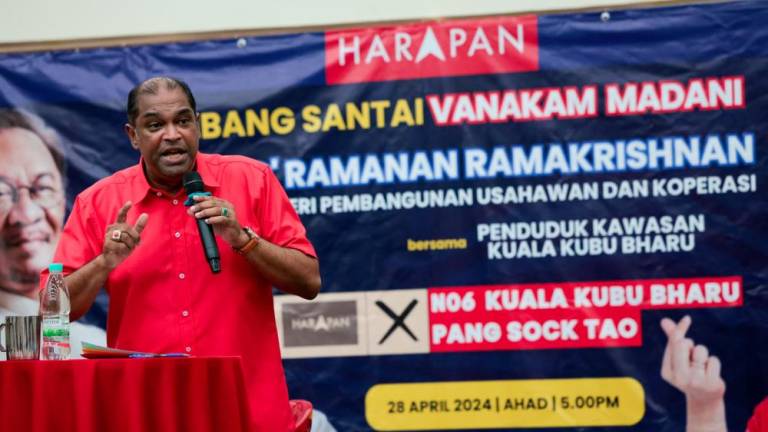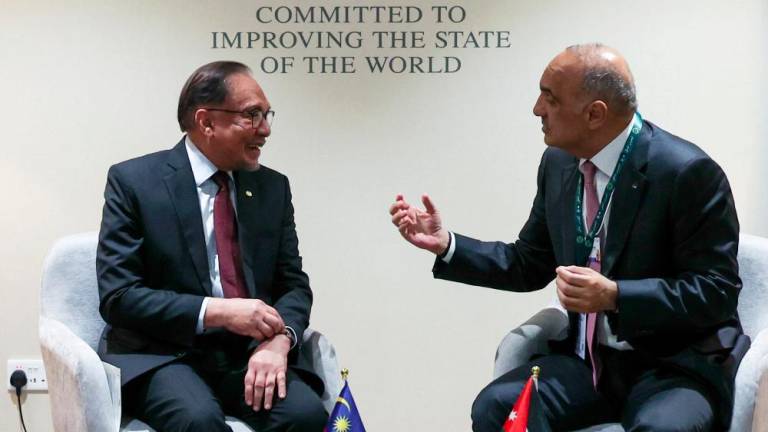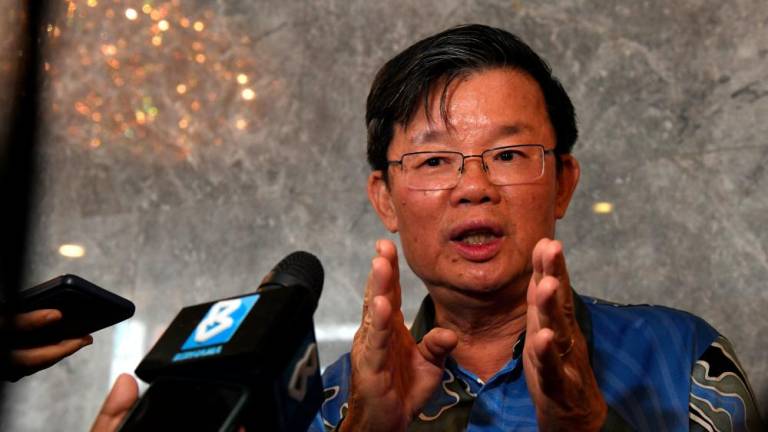PETALING JAYA: Racial harmony that promotes peace and unity among citizens is an important ingredient for any nation to prosper, especially a multi-racial one like Malaysia.
Undoubtedly, the people of Sabah and Sarawak serve as a good example to Peninsular Malaysians by cultivating admirable racial harmony among themselves.
In this regard, Malaysian Unity Foundation chairman Prof Dr Suresh Kumar Govind said the country’s differing political ideologies and race-based politics were the main reasons why most regions struggle to achieve racial harmony.
He noted Sabahans and Sarawakians displayed commendable racial solidarity as they were more concerned with unity than race and ethnicity.
“The real reason why racial harmony in Sabah and Sarawak is better than the dynamics in Peninsular Malaysia is because of the latter’s political differences and ideologies which cause imbalances among the community.
“But in both Sabah and Sarawak, race-based politics are not so prominent and the people always strive for unity.
“The issue of unity is raised only when polarisation takes place. But in Sabah and Sarawak, it’s so beautifully practised.”
Kumar said parents should also recognise their roles in shaping a united society and instil in their children the values that promote racial solidarity, especially since the sense of unity does not emerge spontaneously.
In addition, he said the importance of racial unity should be emphasised in schools so that students learn to accept and respect people of different races.
“Awareness of racial unity should start from schools where students should be encouraged to practise racial togetherness and harmony. Students should feel at ease sitting with people from different races because the key to unity is developing strong friendships.
“If you can develop friendships with those of other races, then you’ll find solidarity being fostered.
“I think the people of Sabah and Sarawak have more of that value compared with their peers in Peninsular Malaysia,” he said.
Meanwhile, businessman Alirahman Ismawi said Sabahans and Sarawakians are united due to the effective political leaderships that prioritise the people’s needs over race and religion.
He said the peninsular states should adapt to such a political system to bring about the same racial harmony, as people’s unity is one of the pillars that supports the nation’s stability.
“The leaderships in Sabah and Sarawak are looking at the interest of the people regardless of race and religion. They do not let emotions rule when making decisions even if they infringe on such matters.
“I applaud the steps taken by the Sarawak government to ban racists and those who propagate any form of religious bigotry to enter the state,” he said.
Ismawi said the public should learn to respect one another’s religion rather than criticise others just because they have different cultural practices and traditions.
“Inter-marriages in Sarawak and Sabah make it easy to understand why people in the two states are tolerant of one another,” he said.
Sarawakian Olivia Sengalang, 30, said those in her native state treat everyone equally, regardless of race, religion and tradition.
She said the mosque near her house was built right next to a church, but the public did not find it strange as all religions were meant to guide their adherents.
“Nobody finds it odd because we do not say one religion is superior to another, and neither do we look down on those who are not of our faith,” she said.
Ryan Paul Sabinus, 22, a Sabahan, said respecting one another’s religious and cultural beliefs is not a choice but a need that empowers democracy and unity among the people.
“We have many ethnic people in Sabah, but we do not differentiate or discriminate against them because of their beliefs.
“To us, unity is important as we rely on each other for the growth of our state,” Ryan Paul added.



